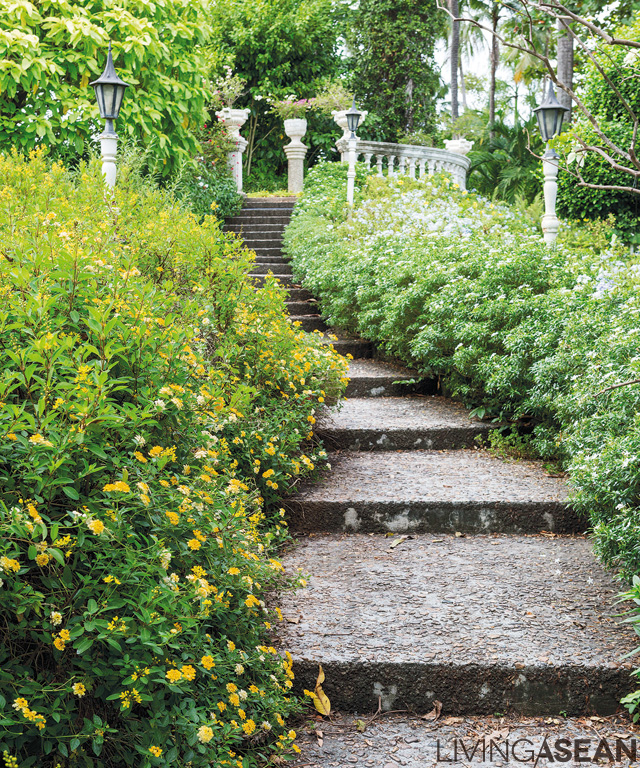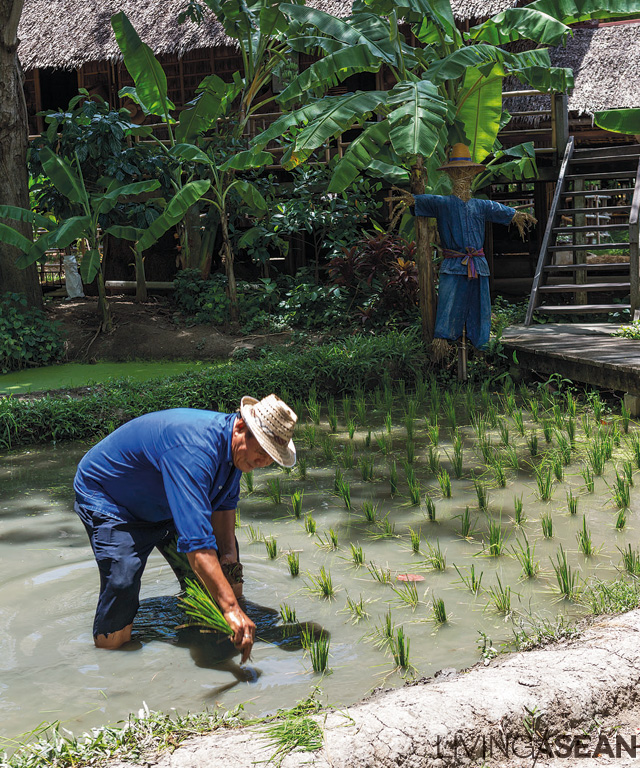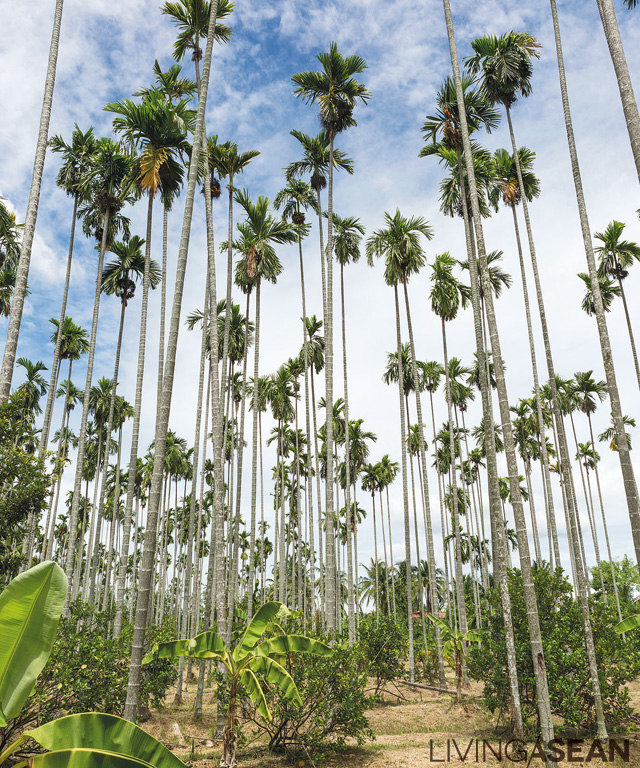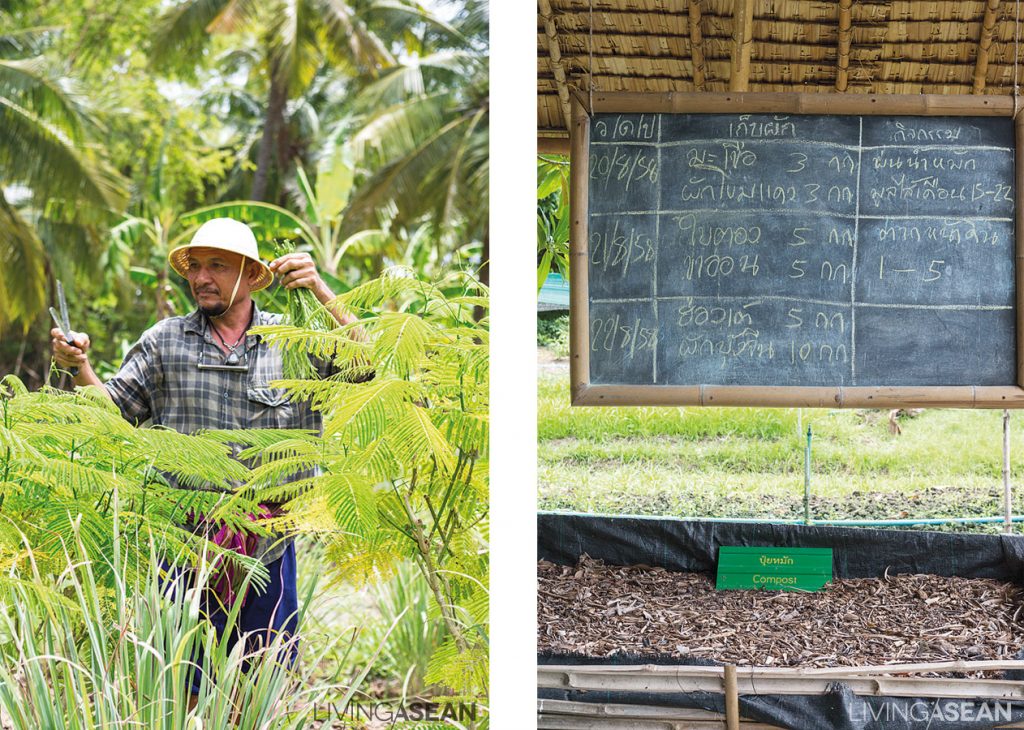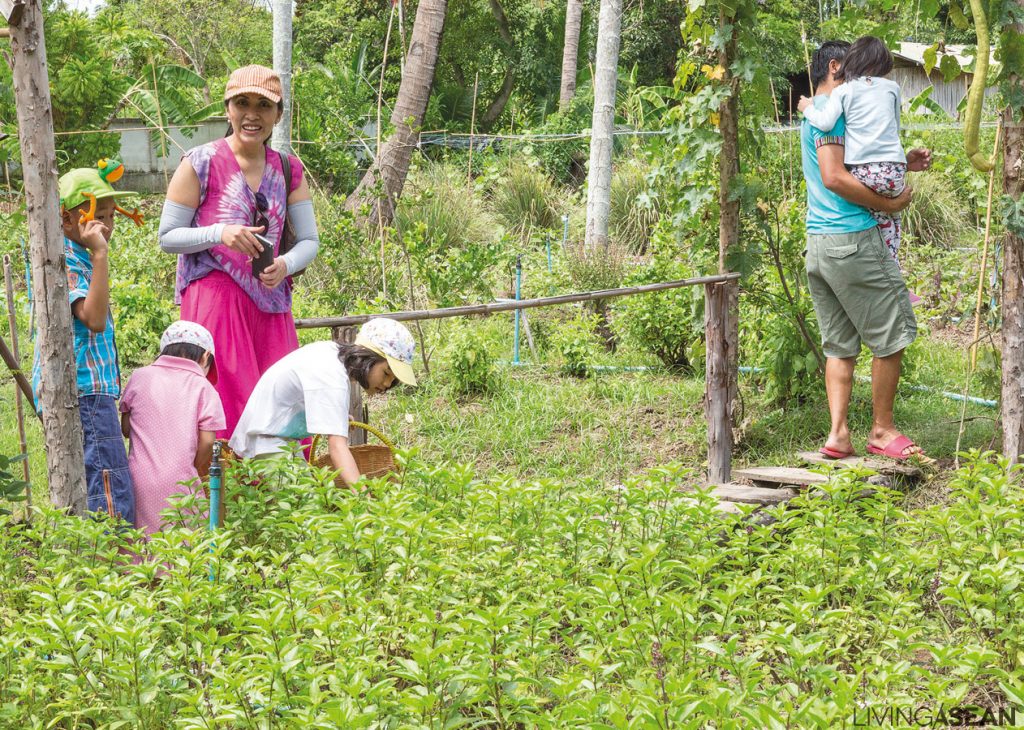For over five decades “Suan Sampran”, also known as the “Rose Garden,” has been the admiration of everyone. The rich, well-cultivated piece of real estate is also home to a waterfront hotel that many have come to love. Nestled on a 170-rai plot on the beautiful Tha Chin River, the Sampran Riverside Hotel is a real gem.
/// Thailand ///
Story: Panchach Changchan /// Photos: Sungwan Phratep /// Location: Sampran Riverside www.sampranriverside.com

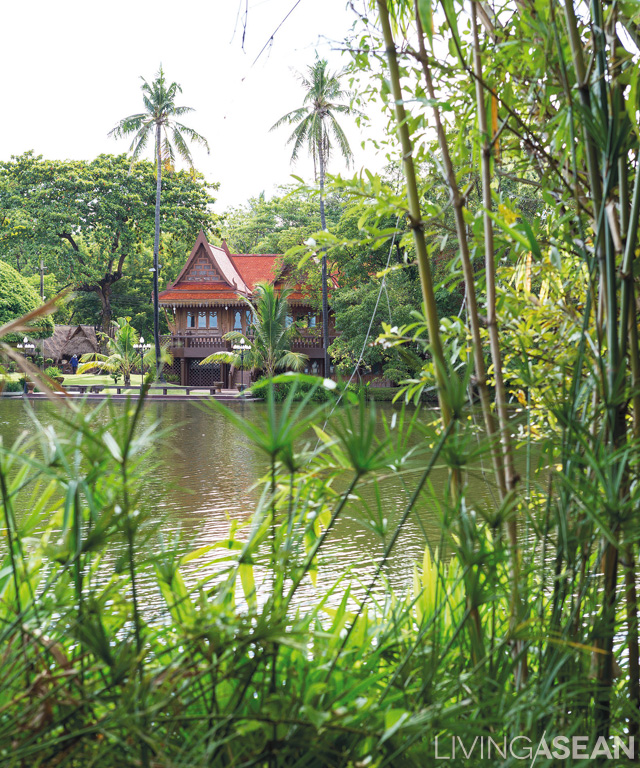
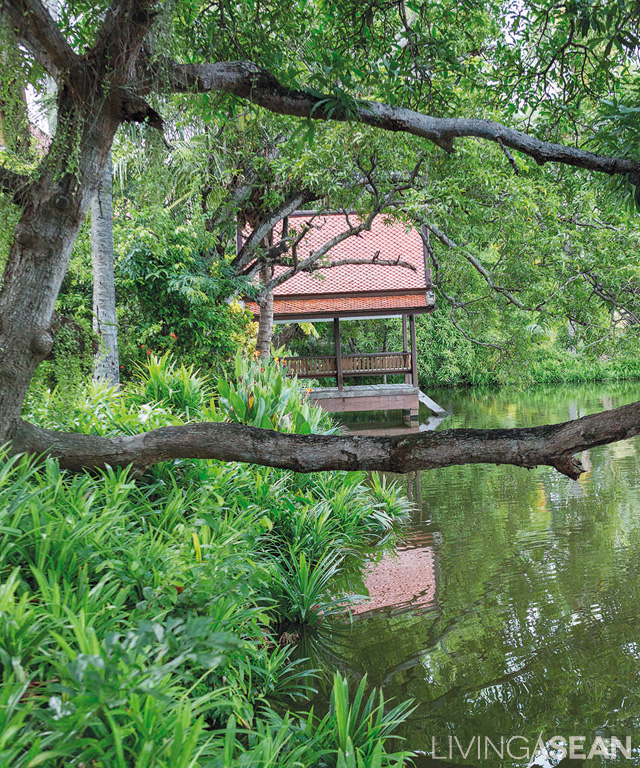
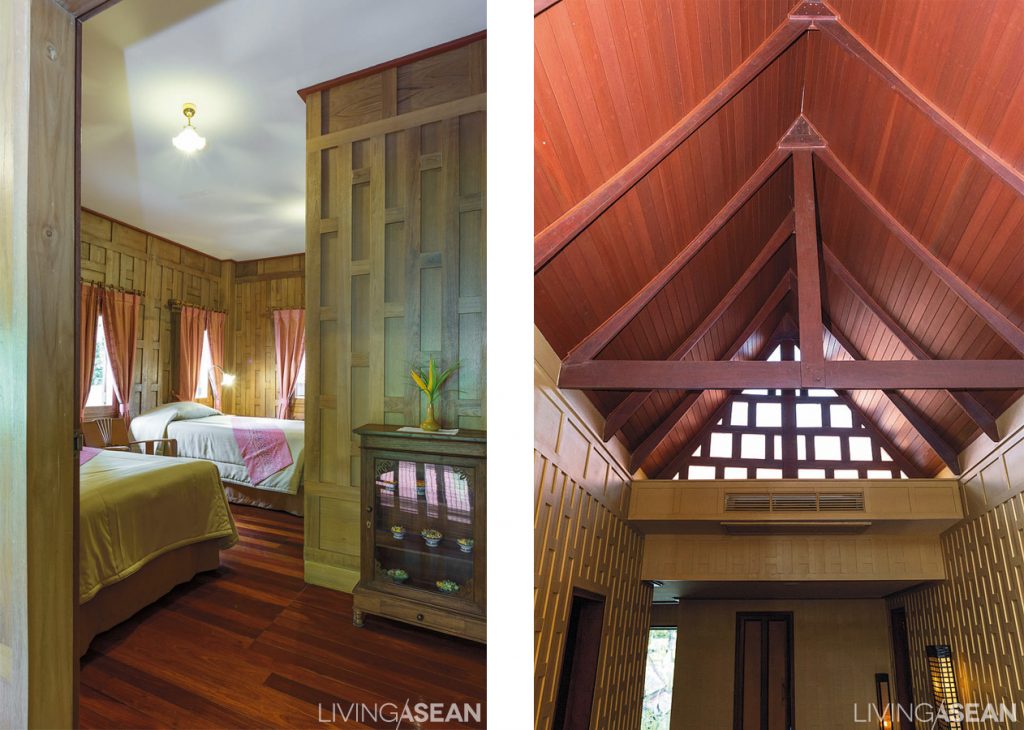
Only the name has changed. The famous Rose Garden is now known as the Sampran Riverside Hotel. Everything else remains the same — great atmosphere, beautiful garden, and cozy accommodations. The main hotel building and six Thai-style homes at the water’s edge have undergone complete makeovers. Apart from modernistic interior design and new décor ideas in some corners, the warm and inviting ambience is there like it’s always been. The Sampran Riverside carries on the tradition as a salubrious destination with views of the river, the garden, and the unhurried way of life of the surrounding community.
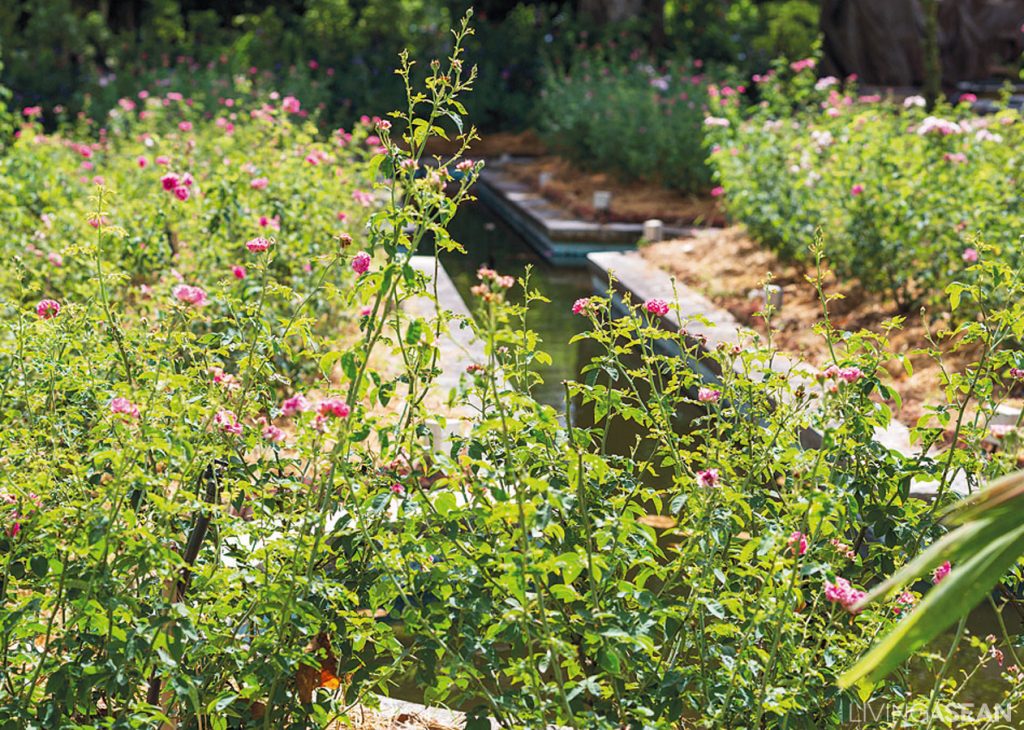
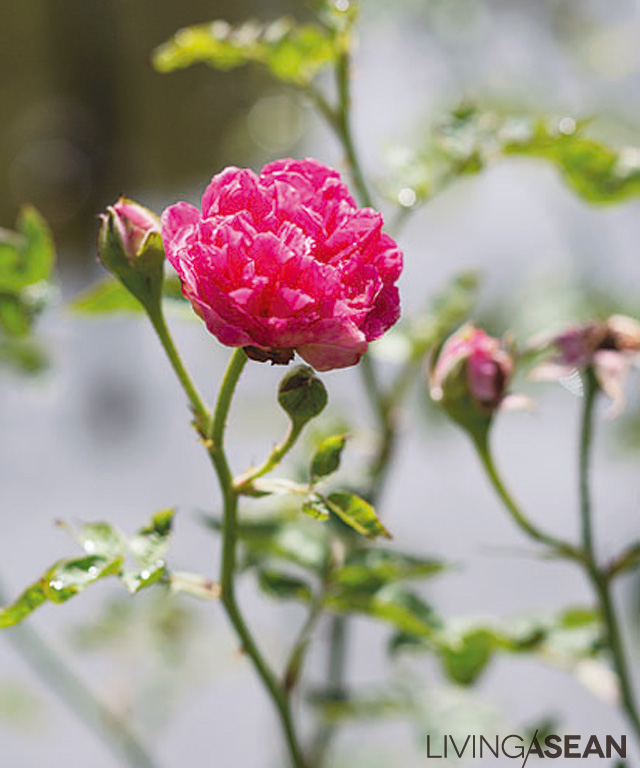
The Thai Village Zone is the hotel’s latest attraction designed to take visitors on a journey back in time. It offers plenty of activities that afford the chance for individual participation. They include traditional textile weaving, flower garland making, and umbrella painting. For those who love going to the show, there are folk art performances, music, cultural storytelling, children’s games, martial art performances, and the famous Thai elephants show.
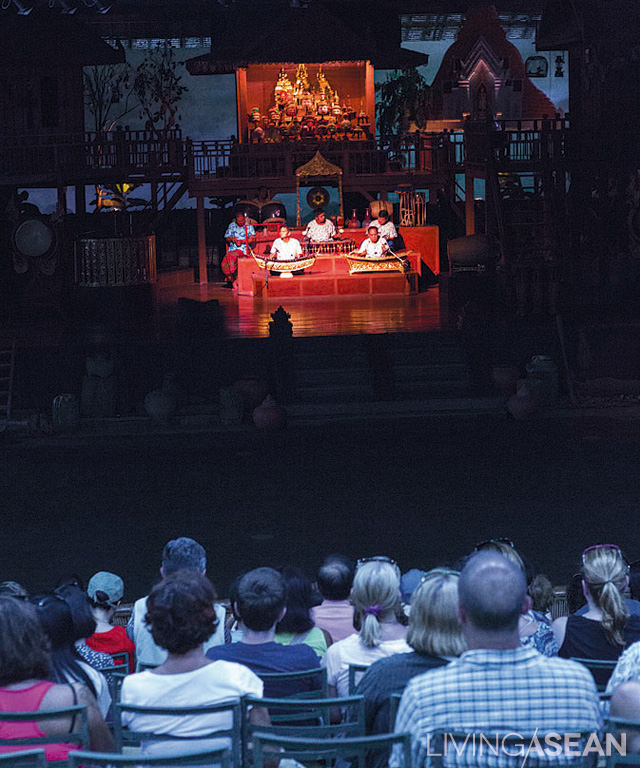
The new name was timed to coincide with an entirely new concept in property management. The hotel owners, now the third generation, have decided it was time to go green because nature was home and it deserved to be well looked after. Damask rose farming needed a lot of chemical fertilizers. So the management decided to gradually do away with it. In the process, the land traditionally used for rose cultivation was reduced to just a few small plots. The rest, about 30 rai, was transformed into a thriving organic farm. It was a win-win situation for all. For the hotel workforce, it meant better health and wellness. Nowadays fruits and vegetables are picked fresh every day, enough to meet the needs of four restaurants on the premises.
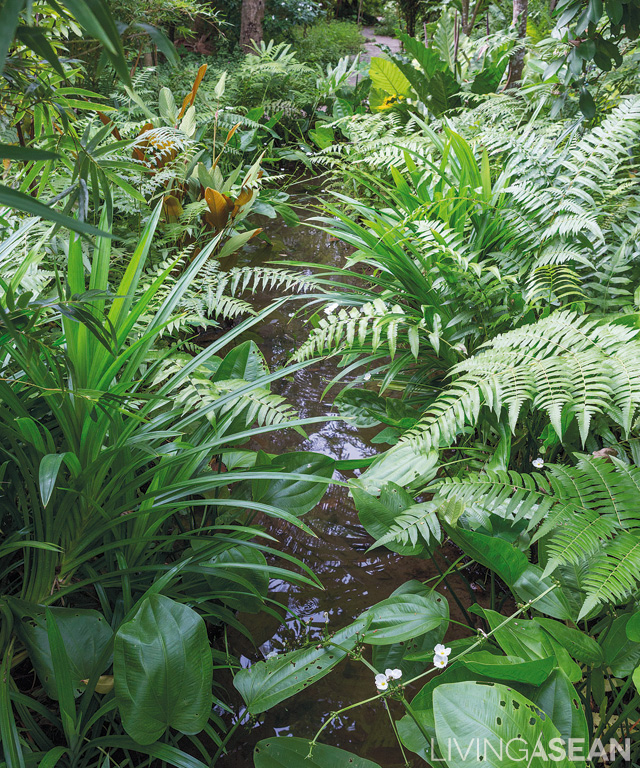
The organic initiative is called the “Sampran Model”. The concept reaches out to agriculturists in the vicinity. The hotel acts a go-between man connecting farmers in Nakhon Patom to consumers both in and outside the community. It encourages agriculturists to avoid using chemicals and set up fair trade markets to promote sales. On weekends it puts on special events to make fresh fruits and produce available to consumers.
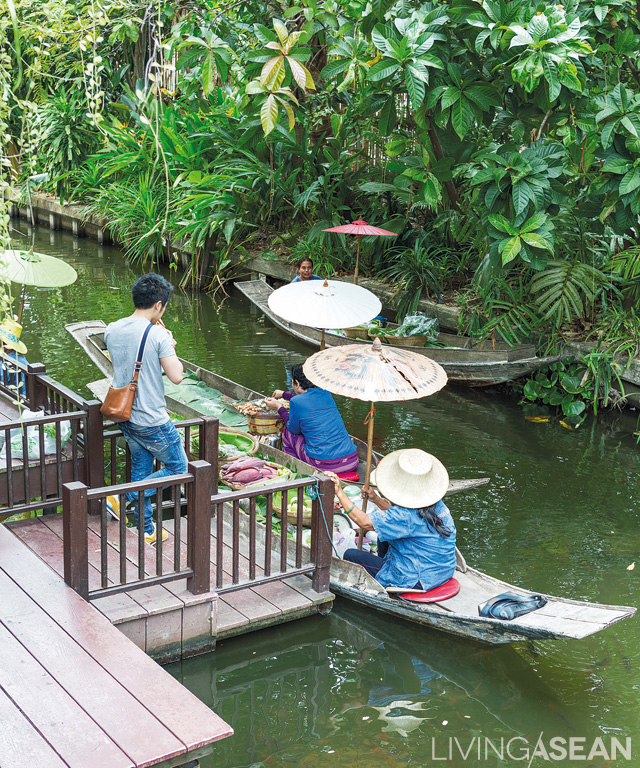
Our team had the opportunity to catch a ferry ride to the opposite side of the river. We landed on a thriving fruit orchard that was organically cultivated. Anirut Khaosanit, also called the local wise man, was kind enough to share his knowledge and years of experience on organic farming. His was a mixed-species vegetable farm, where morning glory, eggplant, climbing wattle and luffa are grown using compost made from green waste.
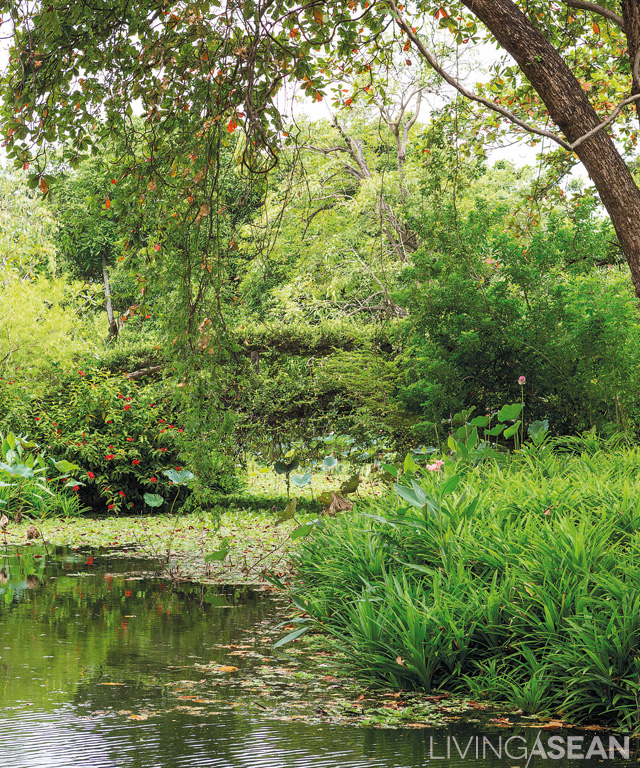
There was never a dull moment. Our day in Sampran was packed with stories and activities. From the vegetable farm, we proceeded to nearby Sook-Jai Market and Rim-Klong Market looking for delicious meals that were made fresh the traditional way. There were plenty of those.
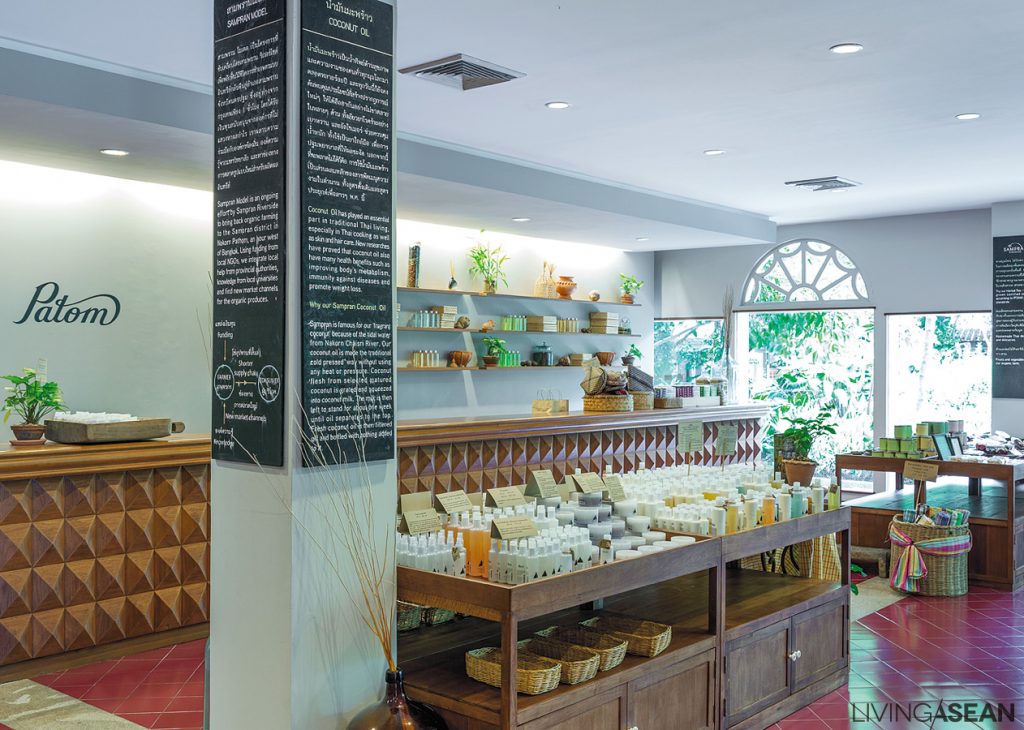
Once a rose garden on the Tha Chin River, the newly renovated hotel has grown and become an awesome destination offering upscale accommodations and exposure to cultural exchanges. The Sampran Riverside no doubt has discovered that going green is the way forward. It translates into happiness for all. Pursuing the sustainable path not only benefits the hotel and its guests, but also contributes significantly to the betterment of society to which it belongs.
